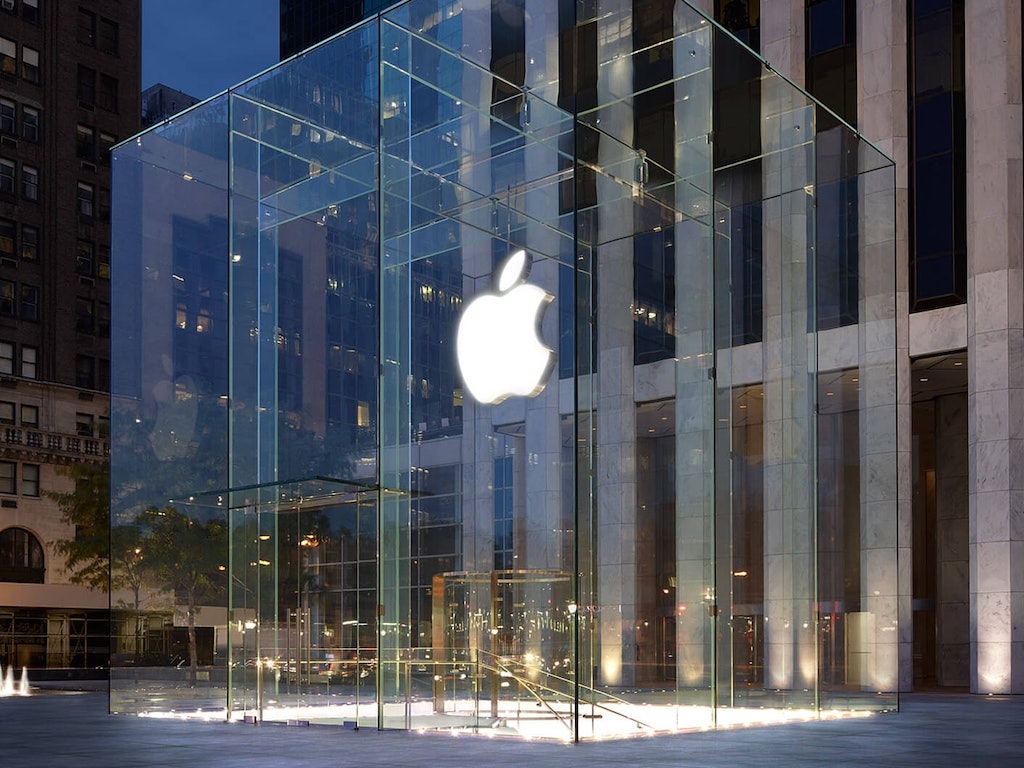3 Mins Read
Tech giant Apple has just pledged that its entire supply chain and products will be carbon neutral by 2030. Apple’s announcement comes as a wave of multinational corporations have renewed their sustainability commitments in recent weeks, indicating widespread demand from consumers for real climate action from businesses.
Apple announced today that it has pledged to achieve carbon neutrality across its entire business and manufacturing supply chain by 2030. The California-based tech giant also said that all Apple products and devices will have net zero climate impact in a decade’s time, marking a major step up from its initial commitment to maintain carbon neutrality within its corporate operations.
It plans to do so by slashing the company’s emissions by 75%, while using carbon removal solutions to offset the remaining 25% of its footprint.
“Businesses have a profound opportunity to help build a more sustainable future, one born of our common concern for the planet we share,” said Tim Cook, CEO of Apple, in a statement on the company’s website.
With our commitment to carbon neutrality, we hope to be a ripple in the pond that creates a much larger change.
Tim Cook, Apple CEO
“Climate action can be the foundation for a new era of innovative potential, job creation, and durable economic growth. With our commitment to carbon neutrality, we hope to be a ripple in the pond that creates a much larger change.”
Among the specific policies that Apple has detailed in its 10-year climate plan includes developing low carbon, energy-efficient and recycled product designs, identifying new ways to reduce energy use in its corporate and supply chain facilities, maintaining its use of 100% renewable energy and investing in carbon removal projects such as forest and mangrove restoration.
The iPhone maker also revealed that it will be launching an impact accelerator dedicated to investing in minority-owned businesses creating solutions for communities that have been disproportionately affected by environmental hazards. It will be established as a part of the company’s US$100 million initiative focused on racial equity and education, a recognition of the intersection of social, racial and environmental injustices.
“Systemic racism and climate change are not separate issues, and they will not abide separate solutions,” said Lisa Jackson, vice president of environmental, policy and social initiatives at Apple.
“We have a generational opportunity to help build a greener and more just economy, one where we develop whole new industries in the pursuit of giving the next generation a planet worth calling home.”
A wave of firms have decided to ramp up their climate ambitions in recent weeks amid the coronavirus pandemic, which has spotlighted the dangers of continued destruction of the natural world. It’s become clear to both companies and consumers that business-as-usual is no longer viable.
Last month, Anglo-Dutch consumer goods behemoth Unilever said it will invest US$1.1 billion in a new climate fund, reach net-zero emissions by 2039 and begin rolling out carbon labels on all 70,000 of its products.
Meanwhile, e-commerce giant Amazon pledged US$2 billion for a new fund dedicated to sustainable technologies and says it will reach net-zero emissions by 2040 in its attempt to allay widespread criticism over the company’s questionable commitments to sustainability.
Many of the world’s biggest firms, together worth over US$2 trillion, have also signed a joint statement urging world governments to put net-zero emissions at the centre of coronavirus recovery plans.
Lead image courtesy of Apple.




